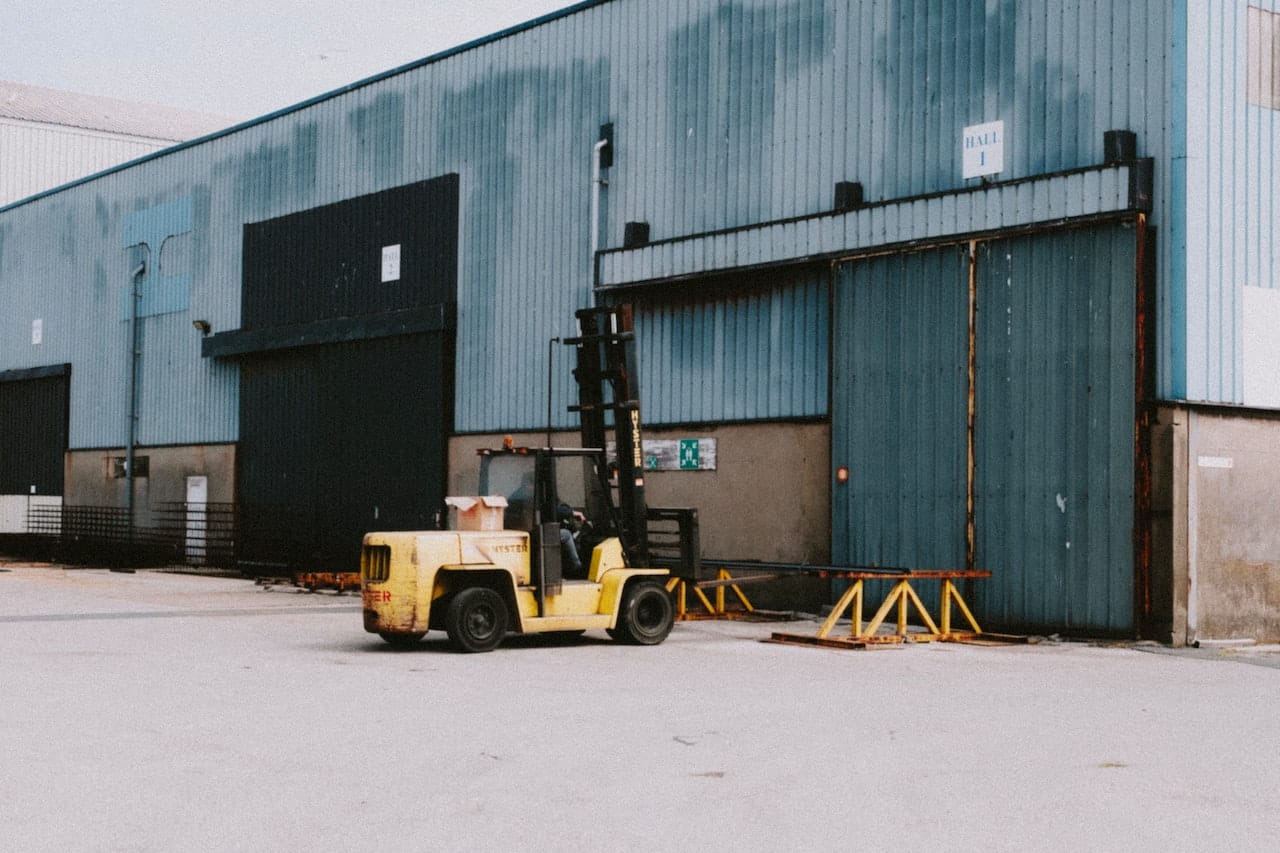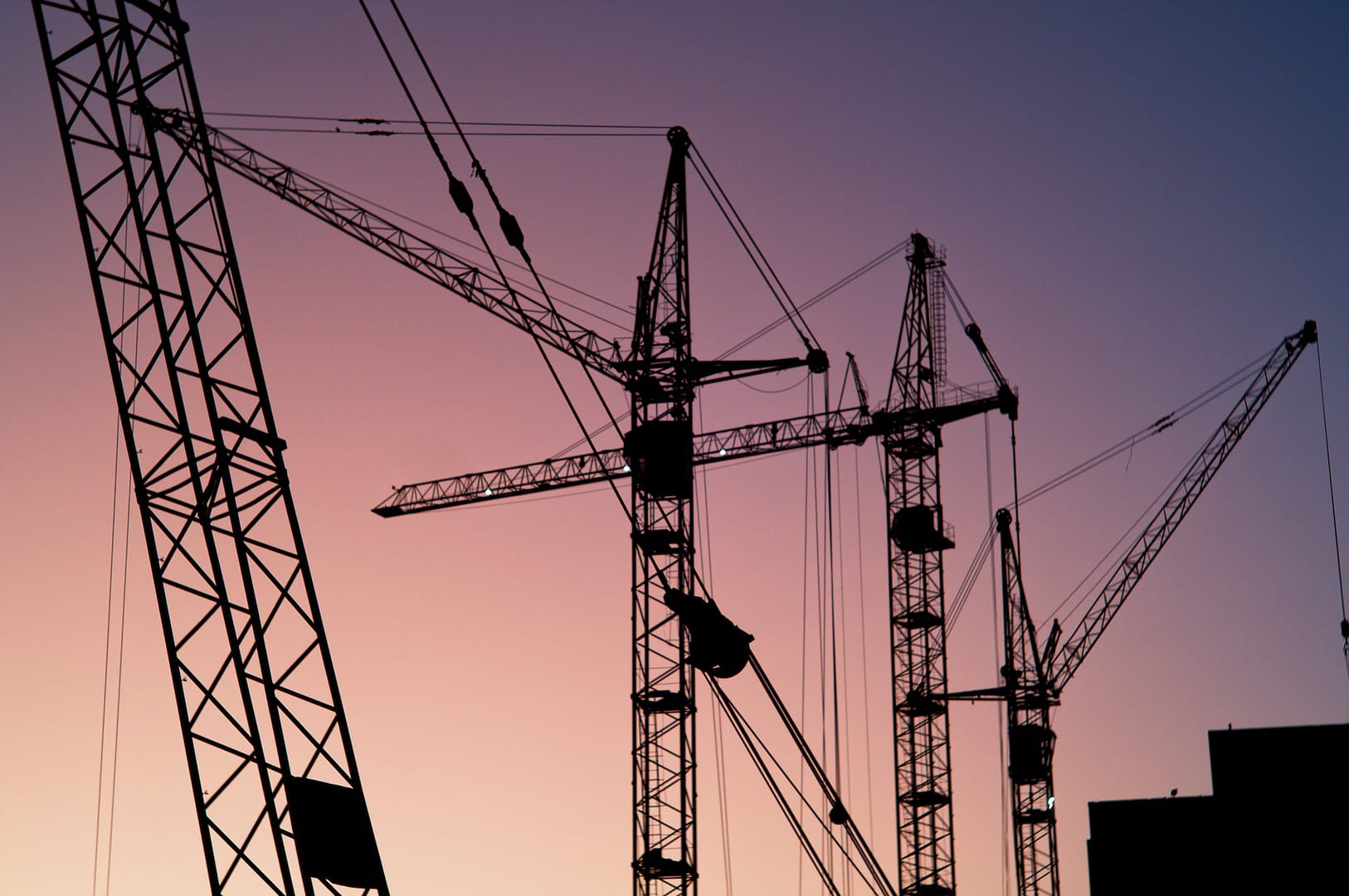In the realm of construction, where the clanking of metal and the rumble of machinery create a cacophony of progress, safety is of paramount importance. Whether you are a seasoned construction worker or new to the job site, adhering to proper safety protocols around heavy equipment is a non-negotiable aspect of the trade. This article will delve into essential Construction Equipment Safety: Tips for Workers to ensure that every individual on a construction site is well-prepared and safeguarded against potential hazards. This article will also guide you through how best to start an accident at work claim.
The Perils of Heavy Equipment
Construction sites are dynamic environments, constantly evolving with the progress of the project. The machinery used, from towering cranes to earth-moving excavators, can be both awe-inspiring and perilous. These mechanical giants have the potential to cause grave injuries or fatalities when not operated or approached with due care.
Familiarise Yourself with the Equipment
Before setting foot on a construction site, take time to understand the various types of heavy equipment that may be present. Different machines have different functions, and knowing their purpose is crucial for personal safety. Whether it’s a bulldozer, a backhoe, or a concrete mixer, each piece of equipment demands respect and awareness.
Training is Key
Construction Equipment Safety: Tips for Workers begin with proper training. It is incumbent upon employers to provide comprehensive training programs to all workers who will be interacting with heavy equipment. Adequate training can prevent accidents and fatalities, and this includes both theoretical and hands-on instruction.
Respect the “No-Go” Zone
Every piece of heavy equipment comes with a “No-Go” zone, a critical area around the machine where the operator’s vision may be limited. Never enter this zone without the operator’s knowledge or consent. A moment’s inattention could lead to a life-altering incident.
High-Visibility Gear
Construction sites can be chaotic, with a multitude of workers and vehicles moving in different directions. To enhance your visibility, especially to equipment operators, wear high-visibility clothing. Reflective vests, helmets, and gloves should be standard attire on the site.
Effective Communication
Clear and effective communication is a cornerstone of safety on any construction site. Workers need to establish a standardised system of hand signals and verbal cues when interacting with heavy equipment operators. Miscommunication can lead to tragic accidents.
Look Out for Blind Spots
In addition to respecting the “No-Go” zone, be aware of blind spots on the equipment. These are areas where the operator may have limited or no visibility. Always assume that the operator cannot see you and take precautions accordingly.
Secure Loose Objects
Objects left lying around can become dangerous projectiles when heavy equipment is in operation. Ensure that tools, materials, and debris are securely stowed or removed from the immediate work area.
Maintenance Checks
Before every shift, equipment operators should conduct thorough maintenance checks to ensure the machinery is in optimal working condition. Regular maintenance helps prevent sudden malfunctions that could lead to accidents.
Load Limits
Every piece of heavy equipment has a load limit. Exceeding this limit can lead to instability and potentially catastrophic accidents. It is imperative to understand and adhere to these limits, as disregarding them can have dire consequences.
Stay Clear of Moving Parts
Heavy equipment often has moving parts, like conveyor belts, rotating drums, or hydraulic arms. Avoid any contact with these parts, as they can cause severe injury or death. Always maintain a safe distance.
Be Cautious on Slopes
Working on sloped or uneven terrain presents unique challenges. It’s important to be extra cautious when operating or working around heavy equipment on such surfaces. Slopes can affect the stability and balance of the machinery.
Secure the Work Area
It’s crucial to establish a well-defined work area around heavy equipment. This area should be clearly marked and kept free of unnecessary personnel. Having a designated workspace minimises the risk of accidents.
Safety Equipment
Personal protective equipment (PPE) is your last line of defence in the event of an accident. Always wear the necessary PPE, including hard hats, gloves, steel-toed boots, and safety glasses, to reduce the risk of injury.
Be Weather-Wise
Weather conditions can impact the safety of heavy equipment operation. Rain, snow, and high winds can make equipment more challenging to control. In such conditions, exercise extra caution and consider delaying work if safety is compromised.
Emergency Response
Be well-versed in the site’s emergency response procedures. In the unfortunate event of an accident, knowing how to react swiftly and effectively can be the difference between life and death. Every worker should understand where first-aid kits are located and how to use them.
Avoid Distractions
In an era of constant connectivity, distractions are ubiquitous. When working around heavy equipment, it is paramount to stay focused and avoid distractions such as phone calls, texting, or unrelated conversations. Even a momentary lapse in concentration can have dire consequences.
Keep a Safe Distance
Always maintain a safe distance from heavy equipment, especially when it’s in operation. The exact safe distance can vary depending on the type of equipment, so make sure to understand the specific guidelines for each machine.
Alcohol and Substance Abuse
The use of alcohol or illicit substances on the job site is not only illegal but also exceedingly dangerous. Impaired judgement and coordination can lead to catastrophic accidents. Employers should implement strict policies against substance abuse.
Reporting Hazards
If you notice any potential safety hazards or equipment malfunctions, report them immediately to your supervisor or the designated safety officer. Ignoring such issues can lead to avoidable accidents.
Safe Access and Egress
Ensure that there are safe and clearly marked access and egress points when working in and around heavy equipment. This minimises the risk of accidental contact with moving machinery.
The Ripple Effect of Safety
Every worker on a construction site plays a role in the collective safety of the team. One small lapse in judgement can have a ripple effect, affecting not only the injured party but also their colleagues, friends, and family. A culture of safety should permeate every level of a construction project, from the workers to the management.
Safety is not a burden; it’s a responsibility that we owe to ourselves and those around us. Adhering to Construction Equipment Safety: Tips for Workers is not just about complying with regulations; it’s about ensuring that every worker returns home safe and sound at the end of the day.
Safety Beyond Borders
Across the globe, construction safety regulations may vary, but the fundamental principles remain the same. From the UK to the United States, and from Europe to Asia, construction workers encounter similar safety challenges when working with heavy equipment. Understanding and implementing these tips is vital, no matter where your construction site is located.
Making an Accident at Work Claim with National Claims
At National Claims, we understand that accidents at work can happen despite the best precautions and safety measures. Our mission is to support workers who have suffered injuries due to construction equipment accidents by helping them make accident at work claims.
How National Claims Can Help
National Claims is a trusted partner for workers seeking compensation for construction equipment accidents. We specialise in guiding you through the claims process, ensuring you receive the compensation you deserve.
Expert Legal Support
Our team of experienced solicitors is well-versed in the intricacies of accident at work claims, particularly those involving construction equipment accidents. We offer expert legal guidance, ensuring you understand your rights and have the best chance of securing compensation.
No Win, No Fee
At National Claims, we operate on a “No Win, No Fee” basis. This means that you won’t have to worry about upfront legal costs. We only get paid when your claim is successful, aligning our interests with yours.
Reducing Stress and Complexity
Dealing with a construction equipment accident is stressful enough. Let National Claims handle the legal complexities while you focus on your recovery. We will manage all the paperwork, correspondence, and legal procedures involved in your claim.
The Process of Making an Accident at Work Claim
Making a successful accident at work claim with National Claims is a straightforward process. Here’s a brief overview of the steps involved:
Initial Consultation
Contact National Claims for a free initial consultation. During this discussion, we will assess the details of your construction equipment accident and injuries. We will also explain the legal process and discuss the potential outcomes of your claim.
Gathering Evidence
To build a strong case, we will help you gather all the necessary evidence, including medical records, accident reports, and witness statements. This evidence is crucial in establishing liability and the extent of your injuries.

Conclusion
Accidents at work involving construction equipment can be life-altering, causing physical, emotional, and financial distress. National Claims is here to support you on your journey to recovery by providing expert legal guidance and representation. Our commitment to securing the compensation you deserve, coupled with our “No Win, No Fee” policy, ensures that your interests are at the forefront of our work.
Safety on construction sites is crucial, as emphasised in our “Construction Equipment Safety: Tips for Workers.” However, we recognize that accidents can still occur despite best efforts. If you or a loved one has been injured in a construction equipment accident, don’t hesitate to reach out to National Claims. We are here to provide the legal support you need to move forward and regain control of your life. Your safety and well-being are our top priorities, and we’re ready to assist you in your journey to recovery and justice.
Contact us today to start your claim and speak to one of our claims specialists.
Click below to see why we are one of the most trusted claims management companies in the UK.

We’re proud of our excellent customer reviews
We thrive on delivering exceptional service and ensuring our clients’ satisfaction. Don’t just take our word for it. Check out some of our independent reviews to see what our clients have to say.
Excellent

This firm is excellent, they sorted out my car pay out and injury claim very fast, they always communicate with you all the time.

My accident case was dealt with confidence and with great result of the outcome, especially James kept me informed all the time.

I was very impressed at the way my inquiry was treated. I was listened to attentively and everything I needed to know was explained to me.






